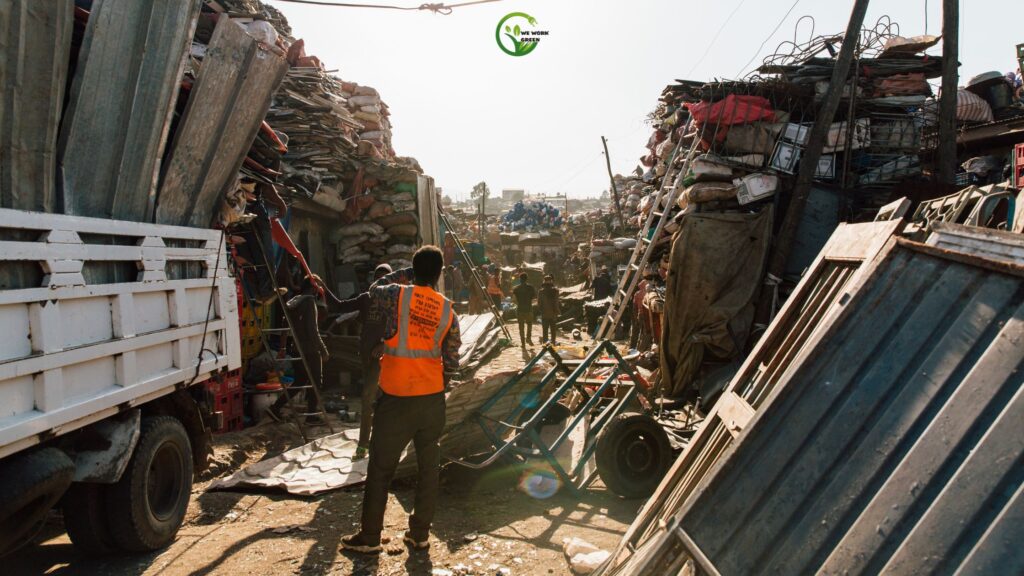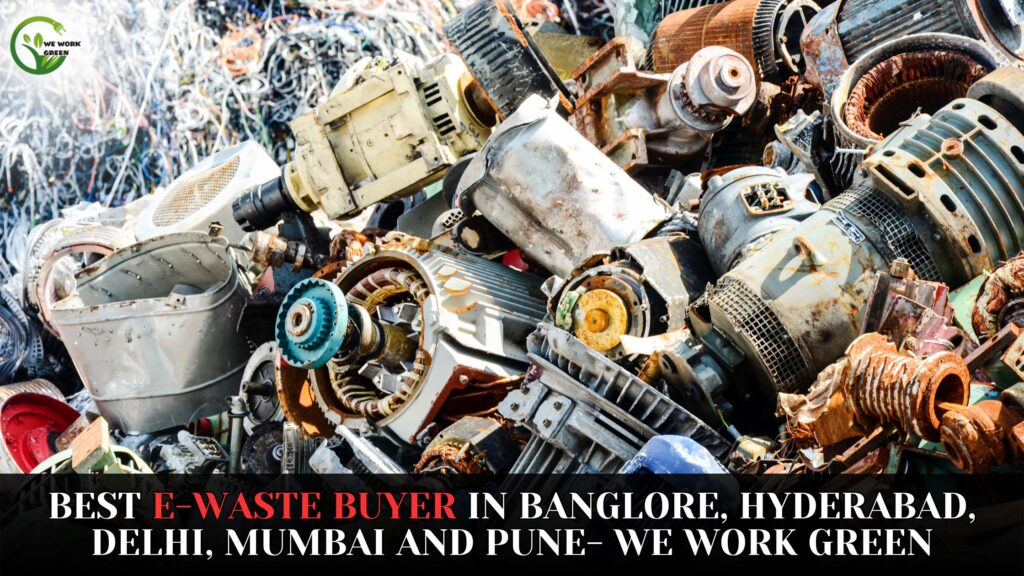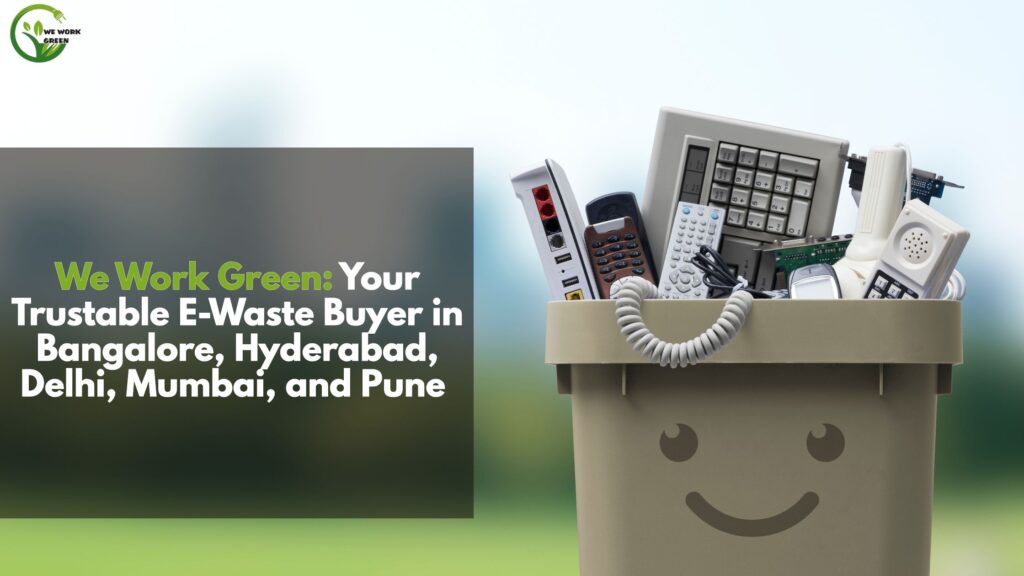Our Blogs
Our Green Insights
Green Bytes: Insights on Sustainability & E-Waste Management
The office dismantling services at We Work Green are environmentally conscious while aesthetically and efficiently executing workspace transitions. Why Our Office Dismantling Services? Most of the waste is produced when a business relocates, refurbishes, or upgrades its office. We try to salvage most of it. Sustainable Dismantling Process We have a structured office dismantling process where we disassemble office furniture, partitions, and equipment through sorting for reuse, recycling, or best e waste disposal in Bangalore. We maintain a diversion from landfills of 90% at best. Certified E-Waste Management We conduct best e waste disposal in Bangalore under the assumed ambit…
In the fast-paced world of business today, organizations frequently upgrade their office spaces to remain competition-ready. This creates a growing requirement for professional office dismantling services which can do the entire work in efficient, responsible, and sustainable ways. We Work Green, the best office dismantling vendor service provider in Delhi NCR, offers all solutions that include office furniture dismantling, e-waste management, and scrap recycling. Why Choose Our Office Dismantling Services? 100% eco-friendly dismantling and disposal services. Best scrap buyer in Delhi NCR with transparent pricing certification. All comprehensive office furniture dismantling services provided by trained professionals. Legally authorized e-waste recycling…
In today’s world of constantly changing corporate requirements, most businesses need to move, remodel, or upgrade their office infrastructure. Most importantly, the right office dismantling service and the best chiller plant buyer catapult the business into a smoother transition process and fewer downtimes and also ensure environmental accountability. We Work Green understands these dynamics quite well and offers veteran services as an office dismantling vendors and expert chiller plant buyer. Expertise in Office Dismantling Office dismantling is not the mere pulling down of partitions, furniture, and fixtures. It requires broad planning and mobilization of personnel and compliance with health…
In today’s fast-paced digital era, companies are most likely to upgrade their electronic devices and reconfigure their offices so as to stay alive. Unfortunately, proper disposal of E waste scrap is one of the most neglected processes. At We Work Green, we specialize in eco-friendly e-waste and scrap management and bare shell services, enabling companies across India, especially within Delhi NCR, to transition sustainably while turning waste into value. Why E-Waste Management Is One of Today’s Major Contraction Issues for Most Corporations Electronic waste is the term that applies to discarded computers, printers, air conditioners, wires, and any other office…
In this ever-quickening world toward advancement in technology and market industries, the challenge of eco-friendly handling of old office setup scraps and e-waste has become even more demanding. We Work Green proudly presents an eco-friendly initiative through innovative e-waste scrap recycling and bare-shell services, putting it ahead of the movement without a trace of hesitation. We are not a service provider; we are your sustainability partner. From us, you get office dismantling services and e-waste management—the partnership in helping promote one’s sustainability. From promising scrap buyer in Delhi to pan-India dismantling and bare-shell services, We Work Green delivers everything through…
This modern era of technology has made e-waste an accepted concern. As technology is advancing rapidly, the life cycle of electronic products has never been so short, and hence the generation of e-waste is escalating. We, at WeWork Green, believe that e-waste is not simply a waste management issue but rather a resource that should be recycled or resold. As the prominent e-waste buyers in Bangalore, Hyderabad, Delhi, Mumbai, and Pune, we have a goal of providing innovative recycling solutions with a focus on data safety and environmental sustainability. Understanding E-Waste and Its Impacts E-waste is composed of electronic products…






